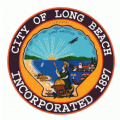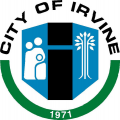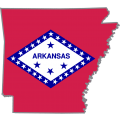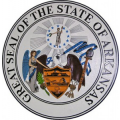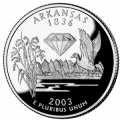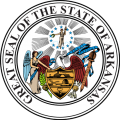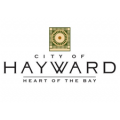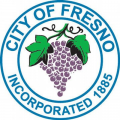Long Beach, California is in Los Angeles County, which is home to a noteworthy 69,610 registered nurses (RNs), 20,010 licensed vocational nurses (LVNs), and 31,030 nursing assistants (CNAs). While opportunities for nursing professionals are plentiful in Long Beach, the area’s top employers are very selective. This means you’ll need the right amount of education, training, and experience, plus a license and/or certification.
With a population of 18,510 RNs averaging $85,400 per year, 6,120 LVNs averaging $48,690 per year, and 8,450 CNAs averaging $27,450 per year, Irvine is a great place to begin a nursing career. While the opportunity for success in Irvine is promising, nursing requires skills that can only be obtained through the right combination of education and training.
A master of science in nursing (MSN) is the best degree option for professional nurses looking to advance their careers. While a bachelor of science in nursing (BSN) can lead to advancement opportunities as well, an MSN or higher is highly desired by hospitals, universities, and other medical facilities seeking skilled administrators, educators, and managers. Most MSN programs require 18-24 months to complete.
When choosing a nursing program, it is important to understand not only the costs associated with higher education, but also the type of return to expect upon earning a degree.
According to the Bureau of Labor Statistics, nursing is ranked among the top ten occupations in terms of job growth; when it comes to the most trusted professions, nursing is in the top five. Even more, it offers a wide variety of specialties, including work in schools, hospitals, medical clinics, home care, and more. With popularity, however, comes competition. To stay ahead, education is vital, since the type of education you pursue is a determining factor for getting an industry job.
Aspiring nurses in Arkansas have many educational options. Quite a few students choose to attend public university, primarily because the cost is substantially lower than at private colleges. As a result, the amount of loans and debt accrued at a public university will be significantly less burdensome.
There are several certification options for students interested in pursuing a nursing career in Arkansas. Since estimates show that the state will see a 5% increase in nursing jobs available by 2020, it is important to find the right program and to understand what type of nursing certification is required to begin practicing.
Nursing assistant
California’s Inland Empire, which consists of Ontario, Riverside, and San Bernardino, offers a variety of opportunities for skilled registered nurses (RNs), licensed vocational nurses (LVNs), certified nursing assistants (CNAs), and more. So what does it take to get your foot in the door?
The East Bay region, which includes Fremont, Hayward, and Oakland, is home to 20,070 registered nurses (RNs), 7,280 certified nursing assistants (CNAs), and 4,260 licensed vocational nurses (LVNs). These professionals earn some of the highest salaries in the healthcare field. Hayward-based RNs average $127,930 per year, LVNs average $61,700 per year, and CNAs average $34,180 per year.
What does it take to become a nursing professional in Fresno, California? Registered nurses (RNs) must perform a variety of challenging tasks, from conducting diagnostic tests and analyzing results to establishing effective care plans for the sick or injured. RNs must therefore earn an associate's degree in nursing (ADN), bachelor of science in nursing (BSN), or master of science in nursing (MSN), and they must successfully pass the national licensure exam. Most hospitals and healthcare providers prefer a BSN or MSN degree.

